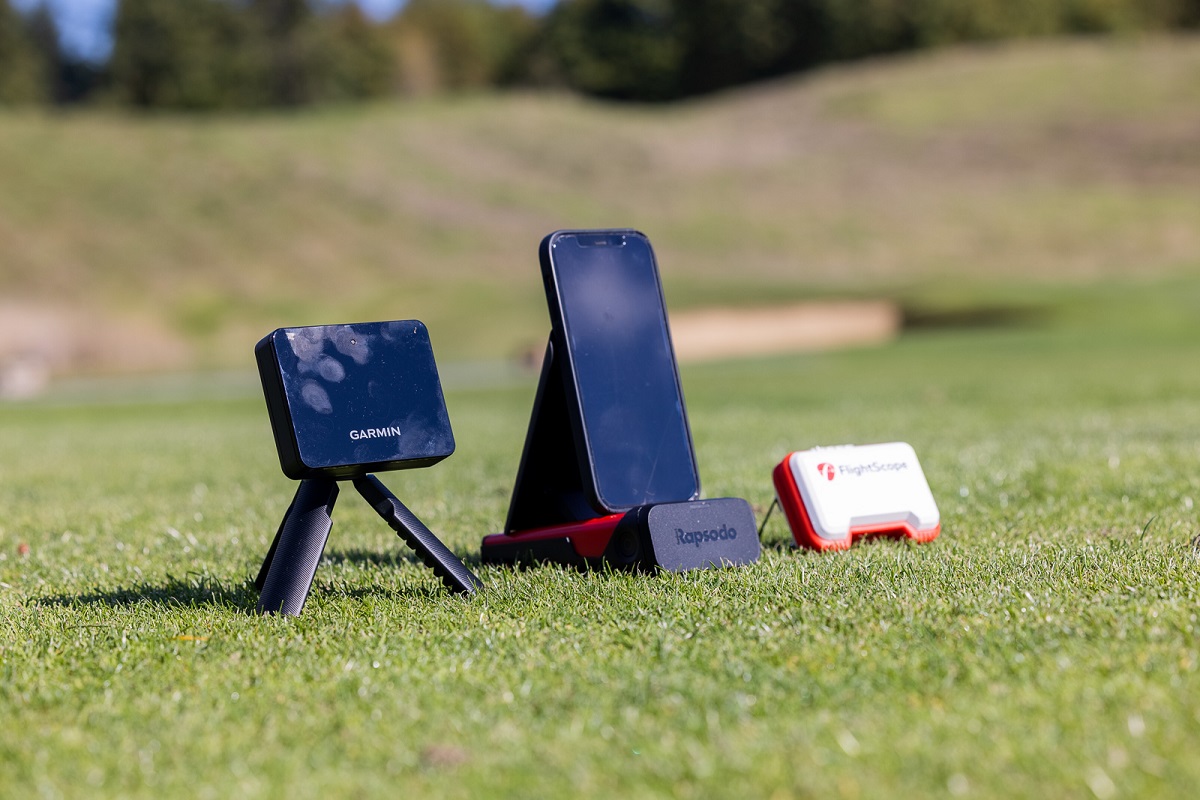Loft Orbital, a San Francisco-based startup, is revolutionizing the space industry with its new concept of “virtual missions.” In an effort to provide developers with easier access to space, Loft Orbital is offering customers the opportunity to deploy their software apps onto a Loft satellite, allowing them to leverage on-board sensors and compute nodes for a range of use cases.
Key Takeaway
Loft Orbital is disrupting the space industry with its virtual missions concept, providing developers with easier access to space and the ability to deploy software apps onto Loft satellites. This approach eliminates the need for customer hardware and opens up space to a wider range of developers, enabling them to leverage on-board sensors and compute nodes for various use cases.
The Abstraction Layer:
Loft Orbital has already made significant progress in the space infrastructure-as-a-service sector by developing an “abstraction layer” between the satellite bus and payloads. Instead of customers having to purchase, operate, and manage their own hardware and ground segment network, Loft Orbital buys standard satellites from vendors such as Airbus and LeoStella and outfits them with customer payloads.
The Shift to Virtual Missions:
Recognizing the increasing demand for space access, Loft Orbital has unveiled its latest product: virtual missions. By eliminating the need for customer hardware, virtual missions enable developers to deploy their software apps onto a Loft satellite, where they can analyze data in real-time and take advantage of on-board sensors and compute nodes.
Loft Orbital has already successfully flown several virtual missions on its satellite, YAM-3, which was launched two years ago. However, the company noted a growing demand to deploy AI software in space, specifically software apps connected to cloud infrastructure on Earth.
Opening Space to Developers:
According to Loft Orbital CEO Pierre-Damien Vaujour, the company’s goal is to provide faster access to space for customers and deliver insights from satellite data more efficiently. Understanding that modern developers want to build applications without the restrictions of proprietary software and unconnected environments, Loft Orbital aims to change the current paradigm.
Vaujour explained, “Developing something that requires technicians in a clean room using software processed and protocol proprietary to large defense prime companies in environments unconnected to the internet is not how modern developers wanted to build those applications.”
The Future of Virtual Missions:
Loft Orbital plans to launch its first dedicated virtual missions satellite, YAM-6, on SpaceX’s Transporter-10 ride-share mission in February 2024. Customers will be provided with a software development kit, a testing environment, and Loft Orbital’s mission-agnostic operations software, called Cockpit, to access virtual missions.
The payloads available for virtual missions include a hyperspectral imager, an RGB imager, a software-defined radio, and an inter-satellite link for real-time connectivity. YAM-6 will also be equipped with CPU and GPU compute options for AI workloads.
The demand for virtual missions is exceptionally high, with some customers already prebooking a significant portion of the on-board compute resources available on Loft Orbital’s next 20 planned virtual mission satellites. Due to this demand, the company is considering deploying large constellations dedicated to serving virtual customer missions.

























